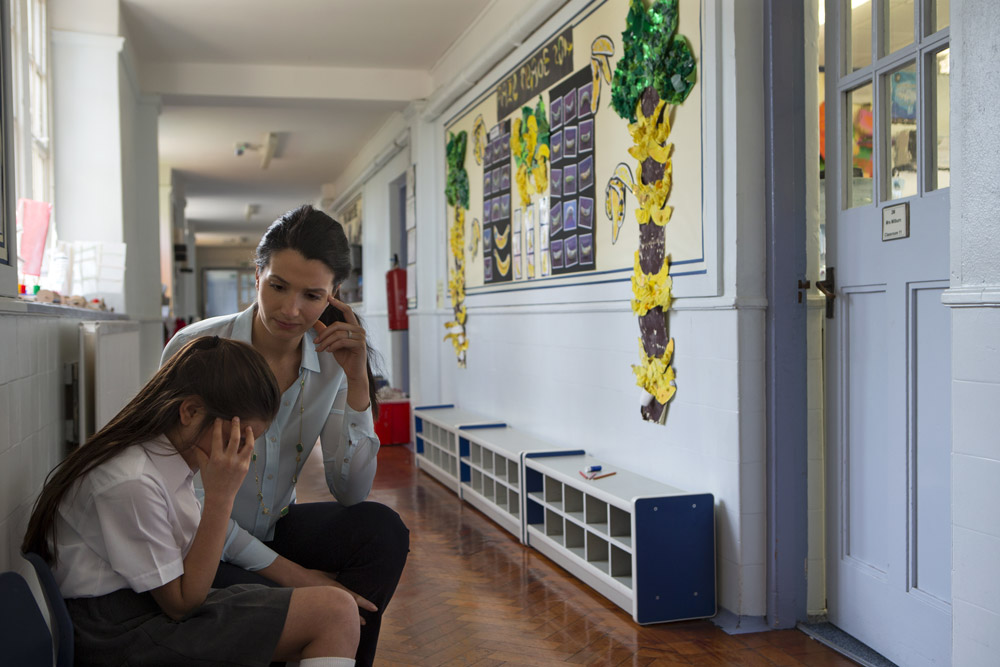I had the pleasure of meeting Matthew Syed at the Association of Secondary School Headteachers Essex conference. 4myschools sponsored Matthew to talk about the power of getting things wrong, learning from them, practice, and grit.
Black Box Thinking, Matthews Syed’s sequel to Bounce is an innovative approach to high performance, it is not just about sport, but has implications for business and politics, as well as for parents and students. It is one of my all-time favourite books that I refer to when I feel stuck in a place I don’t want to be.
https://www.matthewsyed.co.uk/resources/
After watching the England vs Italy in the European Championship final on Sunday 11th July, it struck me how far we have come in supporting each other with loss and how the journey of the last few weeks has been such an inspiration for many, offering hope and a feeling of connection to others which we have been denied during the last eighteen months.
Gareth Southgate’s support, encouragement, and accountability have been a lesson many can aspire to and reminds me that the journey is just as important as the destination.
This made me reflect on 5 things I would want my children and grandchildren to learn from this incredible four-week event:
1. Emotions are ok
Allowing children, the opportunity to show their emotions in a calm way, saying they feel bad when they lose is good for their soul. It teaches a child that its ok to express their emotions if you also make sure they know where the boundaries are.
2. Comforting a child, teaches compassion
Comforting a child when they lose as Gareth Southgate demonstrated after the match, teaches children humility and how to behave when someone else loses. Of course, it is not always appropriate to hug a child, but a kind word can demonstrate compassion equally well.
3. Setting standards of behaviour
Setting standards and applying them consistently is key for children’s growth mindset. For example, when a child shows disapproval towards a team-mate when they miss a goal or get a spelling wrong, means those displaying poor or negative behaviour simply miss their turn. They soon learn to control their negative emotions and to lose graciously; this is one of the most important lessons any young person can learn in working as a team.
4. Focus on improving not winning.
If your child is going through a bad patch at school or as a team, one way of keeping them motivated and focused is to reduce the importance of winning and focus on improving. After a loss, if you make the next a ‘must win’, you are compounding the pressure on them. Instead, try setting realistic goals and the importance of practice.
Malcolm Gladwell, author of the popular book Outliers wrote that it takes 10,000 hours to become an expert in anything. He said 10,000 hours of “deliberate practice” are needed to become world-class at anything. Although many have dismissed this as a myth, we have heard many stories from successful people about how many hours they practiced before they had success. Matthew Syed talks about how David Beckham practiced for hours with and without his dad to master bending the ball that made him so famous.
5. Everything is temporary.
It is important for children to learn that little stays the same and where you are now is not permanent. You may feel this way about losing for longer than you hope and the path to improvement may be harder than anticipated but if you keep looking forward and not back things will change for the better.
It may be in time that you realise the lesson you learnt from losing and that where you are now is where you are meant to be.
Someone once told me that if you keep looking in the rear-view mirror whilst driving you will crash. Looking ahead offers hope and hope is a powerful tool to unlock the true power of success for children and us all.
Hope is the opposite of negativity, envisioning a better future motivates you to take the steps to make it happen one day at a time.
For more information, get in touch with us.

